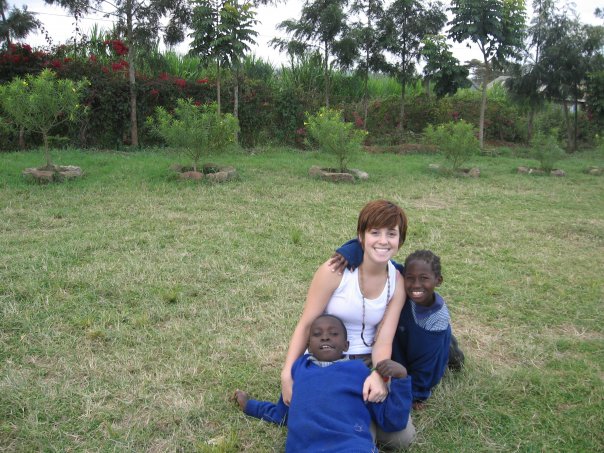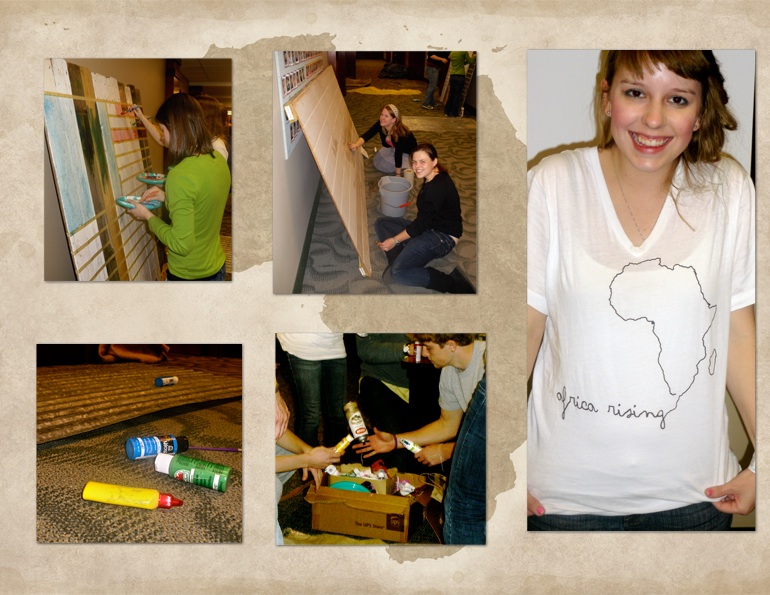- There are 33.2 million HIV-infected people in the world
- There are approximately 14,000 new HIV infections daily around the world, and over 90% of these are from developing countries (USC Medical Dept.)
As I have stated in previous blog posts, HIV/AIDS is a worldwide pandemic that needs to controlled. Thousands of people are dying daily due to this terrible disease, and the end does not seem to be in sight. The United States, being one of the most powerful and advanced societies in the world, needs to take action against HIV/AIDS.
Throughout this semester, I have done much research on HIV/AIDS and really immersed myself in organizations and philanthropies such as Africa Rising, which is focused on providing medical aid to Africa and spreading the word on what can be done to help on a local level. Through my immersion it has come to my attention how little people know about the seriousness and extent of this disease, and what they can do to help. This lack of knowledge caught my attention, and I decided to randomly ask five Furman Students two questions the first one being;
1. What is Pepfar? (the US President’s emergency plan for AIDS relief)
2. Have scientists and doctors developed a cure/vaccine for HIV/AIDS?
Sadly, not one person knew or had even heard of Pepfar, BUT every person knew that scientists and doctors had not developed a vaccine for HIV/AIDS. It is overwhelmingly evident that people get too caught up in their own lives to think about what is going on in other countries and even in the United States.

For more information click to hear an interview with Africa Rising President, Caitlyn Griffith:

